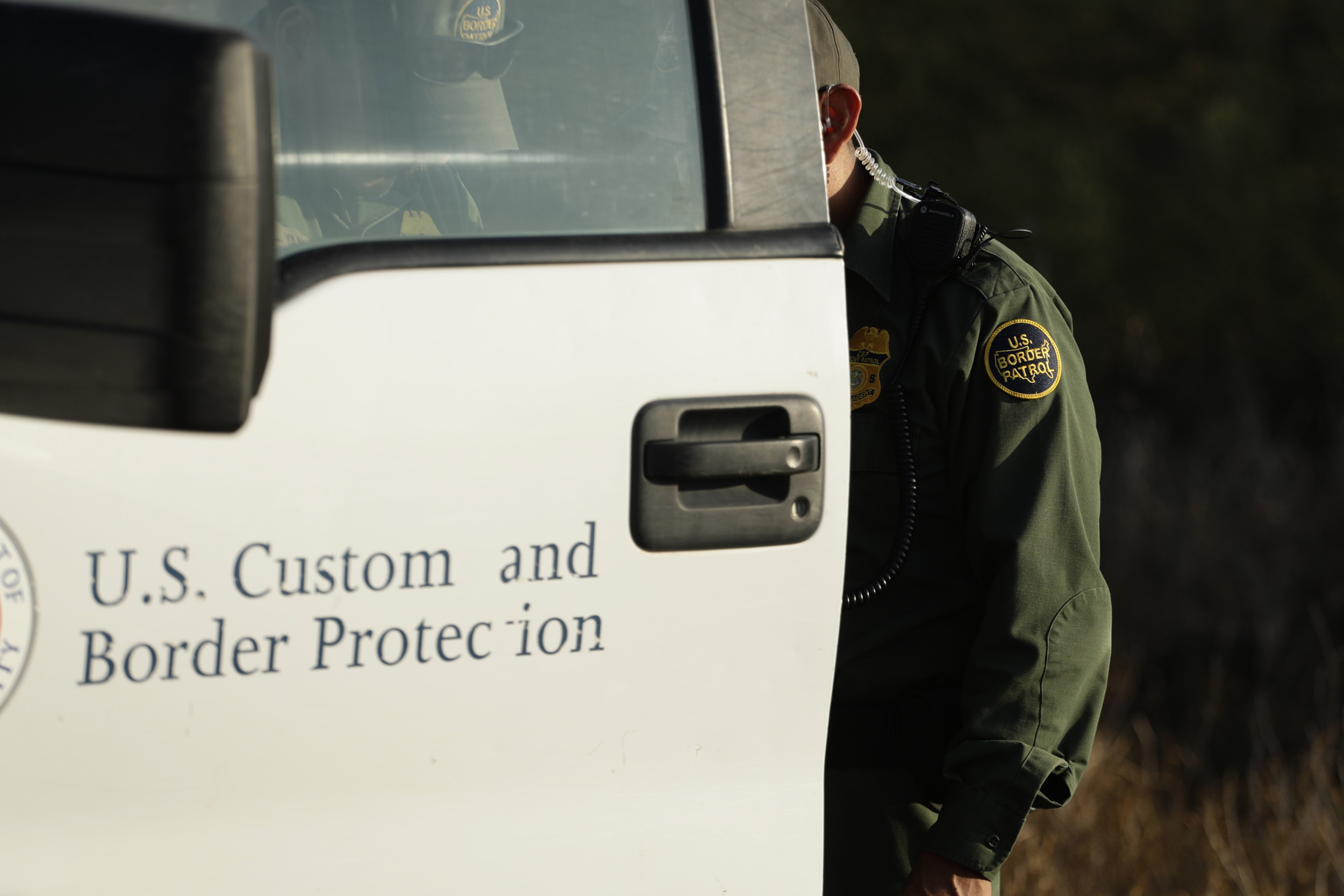CBP One, an app created to aid migrants crossing the U.S.-Mexico border, may have contributed to kidnapping and extortion by drug cartels according to a humanitarian report.
CBP One was designed to assist asylum seekers and migrants schedule appointments with border officials; unfortunately it has left thousands vulnerable as they wait months in Mexico, raising serious violations to international human rights law and refugee law according to Amnesty International.
This report found that of 365 asylum seekers interviewed, one out of every ten reported being kidnapped – many due to being targeted due to CBP One appointments being missed; cartels use fear of missing appointments as leverage against victims to extract ransom payments for ransom.
Venezuelan asylum seeker explained their terrifying ordeal as follows: We were taken hostage for three days, blindfolded and forced to pay exorbitant sums if an appointment wasn’t set quickly; otherwise we will attempt suicide by throwing ourselves into the river.”

Pastor Albert Rivera of Agape Shelter shared stories of migrants’ perilous journeys into America, noting increased risks at border crossings.
Reynosa was hostage to one such abduction; their captors demanded ransom payments of $41,500 from families involved; Pastor Rivera helped get them released despite losing all CBP One appointments as part of this ordeal and beginning again from scratch.

Migrants seeking entry legally into the U.S. must use the CBP One app to request an appointment at one of several land ports of entry, though many face difficulties accessing phones due to theft by gangs or inadequate device capabilities or data plans preventing them from making full use of this application.

Human Rights Watch border researcher Ari Sawyer strongly criticizes US and Mexican governments, alleging their collaboration exposes migrants to cartel abuses. Ana Piquer from Amnesty International raised her concern with restrictions placed upon asylum access apps used for U.S. claims, emphasizing policies which facilitate people seeking safety without inhibiting peoples access.
Technology may play a vital role in border processes; however, she insists that programs like CBP One should not restrain individuals who seek international protection and prioritize safe transit and humane treatment of migrants.
